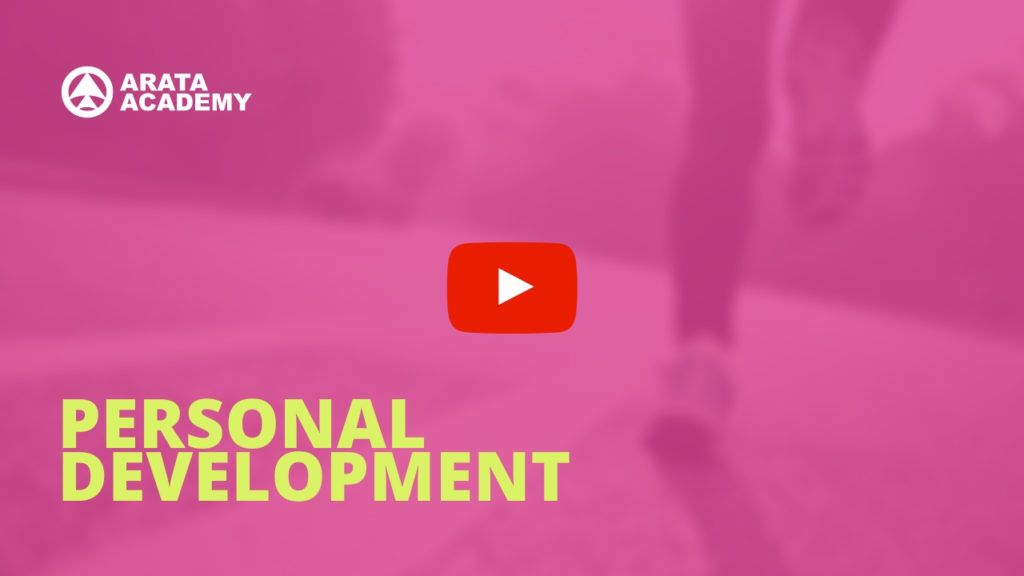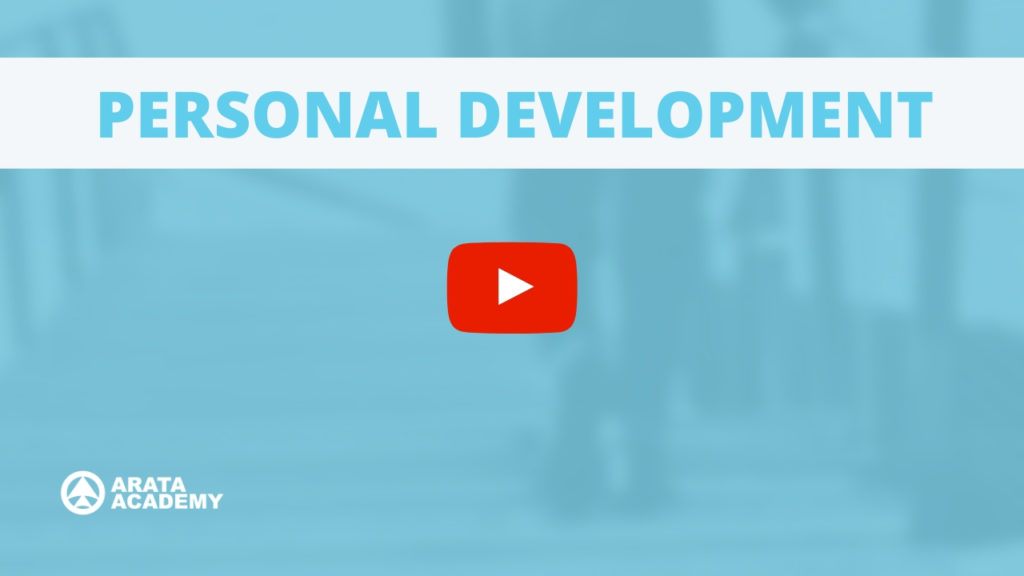Hello! Seiiti Arata. the word “problem” comes from the Greek, it means literally “something that falls in front of you”. But it actually refers to a difficulty. Something unexpected. Something we need to solve.
What’s the easiest way to solve a problem? Is it violence? Complaining? Banging our head against a brick wall until we get it right? Asking others for help?
You shouldn’t have to deal with unnecessary problems. When there’s a misunderstanding, when we offend someone, we need to apologize. When something goes wrong, we must solve it. When something breaks, we have to fix it. Solving a problem many times implies a high financial emotional and time cost.
It also requires patience and effort.
1. The best way to deal with problems is by avoiding them.
Let me give you a personal example, that happen just a few days ago. I had to make some work phone calls. When I made the first call, I was in a hurry. I called this person without any preparation. I knew what I wanted to say and what the reason of my call was. So, I was just saying what came out of my head.
But what was the result? The other person taken by surprise. He didn’t understand precisely what the point of my call what. So, he started making question that I was not expected to get. He asked me about the order I had made, the date of the order, the price… at the end, he even suggested me to make some changes on that order.
As I was not prepared for this, I ended up feeling irritated. I was also taken by surprise, you know? I lost my temper and forgot to put myself on his shoes. We had a misunderstanding, and it caused frustration. I ended up hanging up the phone and then I took some time to reflect. That’s when I realized I had a problem.
Due to my lack of preparation, I had a bad interaction with that person. So now I had to solve that problem, otherwise I would be putting at risk my commercial partnership with that company. Do you get the example?
In this case the problem arised because of my lack of preparation. Now I’ll have to put some effort and spend some time making a new deal to fix this problem.
Since I would still need to continue working, I checked my schedule to see what would be the next phone calls. Tihs time I kept in mind that I could continue creating new problems and therefore I prepared myself better.
I took a few minutes to think about the points I wanted to discuss. I took some notes on the most important points of the project. I wrote down what were the aspects I was willing to negotiate. And I also considered the other person’s point of view. What are his expectations? What are his needs? What are his fears? It just took me a couple of minutes to plan all this. I noticed it helped me a lot to be more prepared.
So when I called again, the negotiation went smoothly. There was no tension. Both parts were satisfied with the agreement. Did you notice the difference? I prepared myself to avoid any problems from occurring.
2. Prepare yourself
Before starting any activity, take a few minutes. If this is an important task or activity, or there’s a chance something can go wrong, do the minimum of preparation required. Visualize the situation. Think of the possible problems that may arise.
And think about how you can act differently. Think how you can avoid those problems. Many problems arise due to a misunderstanding or a bad communication, so it would be good to also think about the perspective the other person may have. How can they react?
At the beginning, it is normal to have some difficulties. Especially if you are not used to doing this visualization exercise. You may imagine one reaction and get another one. Or plan to act in a certain way but, during the conversation, lose your temper and end up acting in a complete differet way. All these experiences will help you to improve your capacity to visualize future interactions.
A you can see, this is not a technique you will be able to implement overnight. This is a continuous improvement process. It is a personal development process.
3. Acquire skills
To avoid problems, you should execute your tasks with a high performance. What do I mean by high performance? It means you need to have the required skills to do a good job.
Only this way you will acquire a high-performance level. All the aspects of the task, of the process, will be under your control. And you will be aware and understand what are the aspects out of your control. These factors out of your control won’t take you by surprise.
Watch our video How to Learn Anything Difficult. It shows you the path of mastery we should all follow in order to improve our skills. If I don’t possess the minimum required professional skills, it is obvious I will have more problems at my job. If I don’t have the required skills to drive, it’s very likely I will suffer an accident sooner or later. If I don’t have the minimum required skills for communication, I will be constantly misunderstood. If I don’t care about my health, if I don’t exercise and don’t care about what I eat, I will get fat and develop a cardiovascular disease.
If you are watching this video, I suppose you are interested in solving your problems. Now you know that the best way to solve problems is to avoid they occur. Now think about this: what are the most recurring problems in your life? What are the skills you need to develop to avoid these problems for occurring? Based on these answers, you will learn what are the aspects of your life you need to work on.
Next time you feel stressed because you need to solve a problem, stop. Make a pause and reflect why and how did this problem occur? What could I have done differently to avoid that problem from happening? What skills do I need to develop to reduce or fix that problem? What kind of preparation do I need to take the next time to avoid this type of problem? A personal development process is fundamental to avoid problems. This is why we have a quick course dedicated to help you on your personal development. Visit the link: https://arata.se/personaldevelopment

